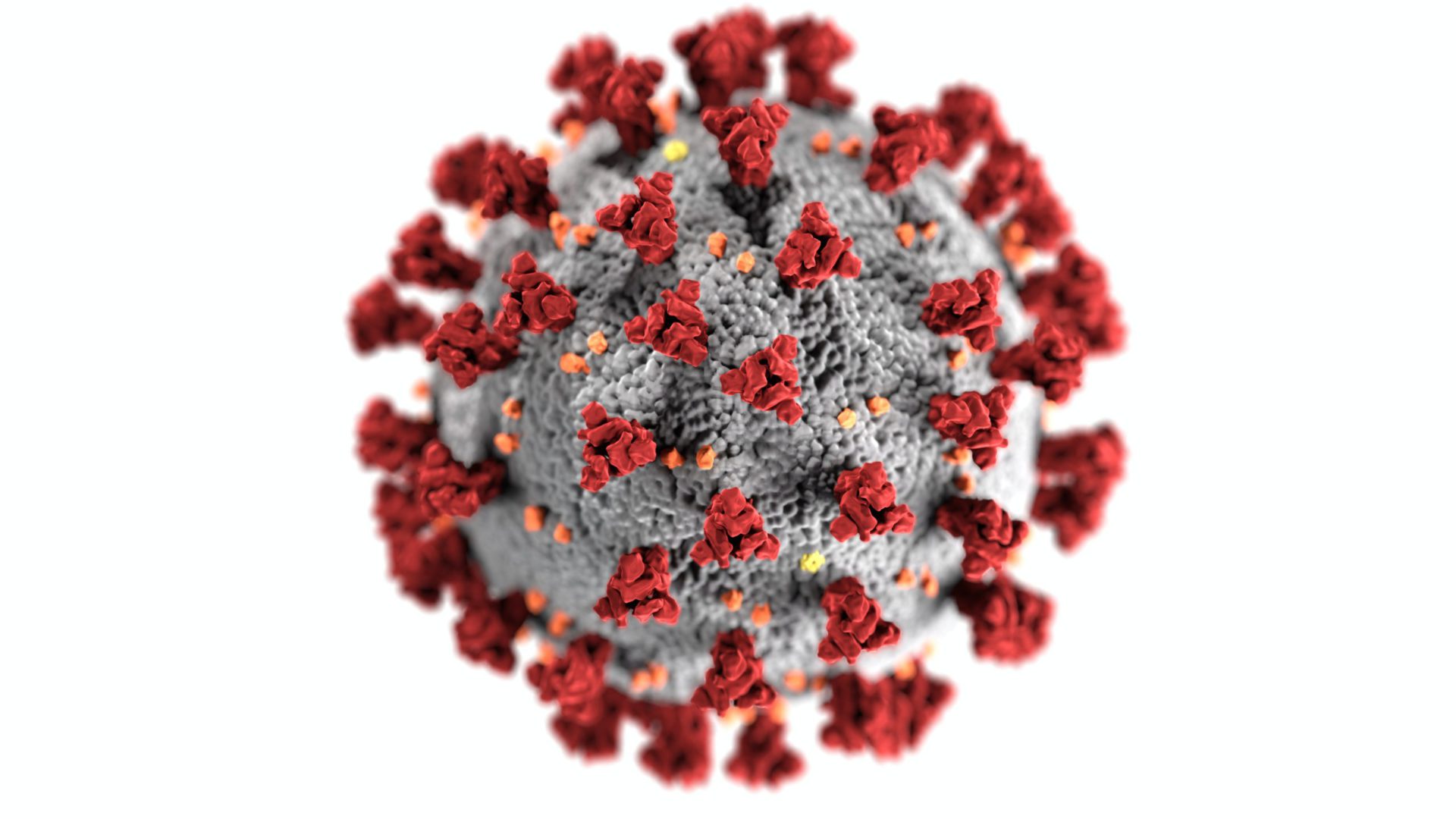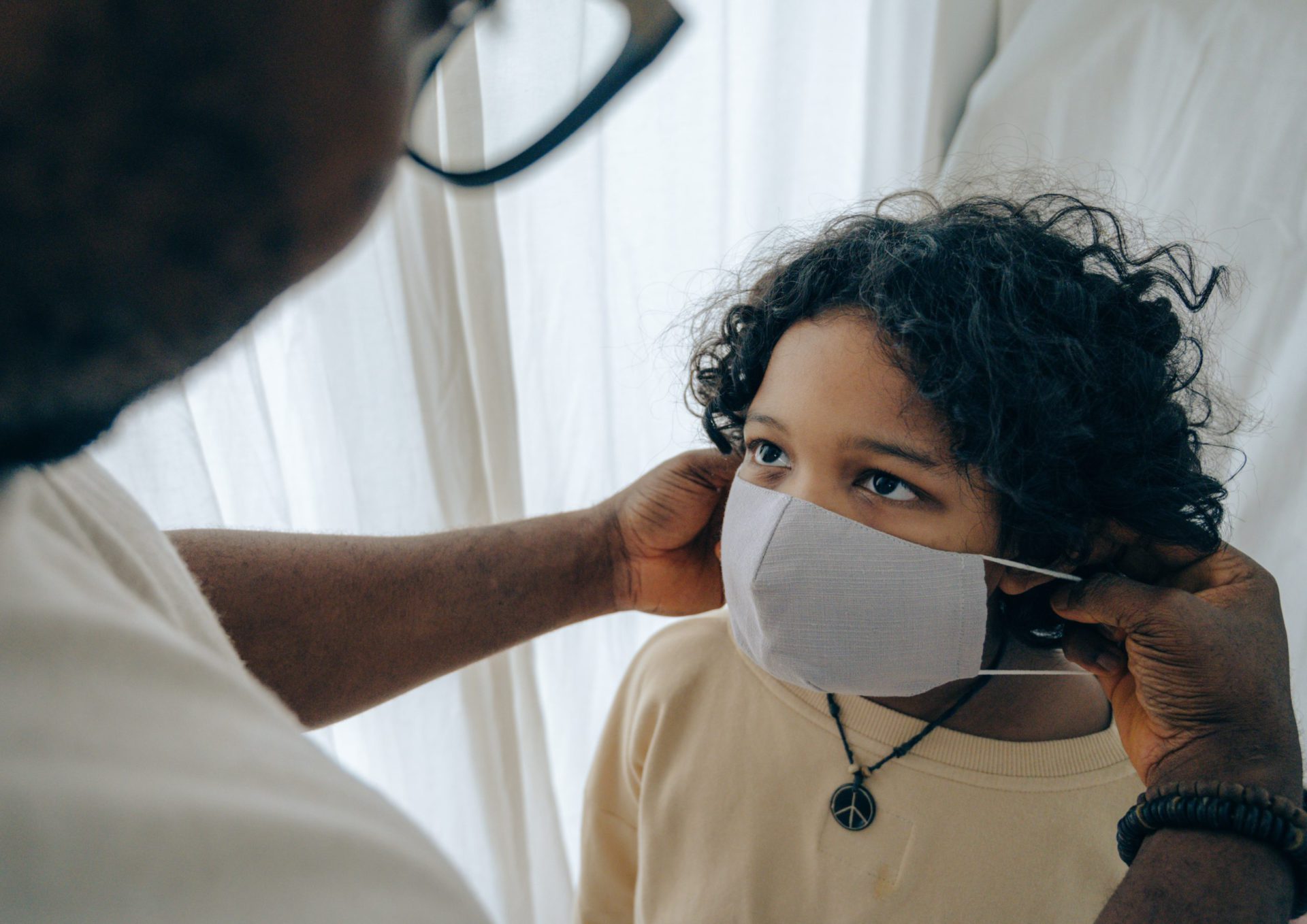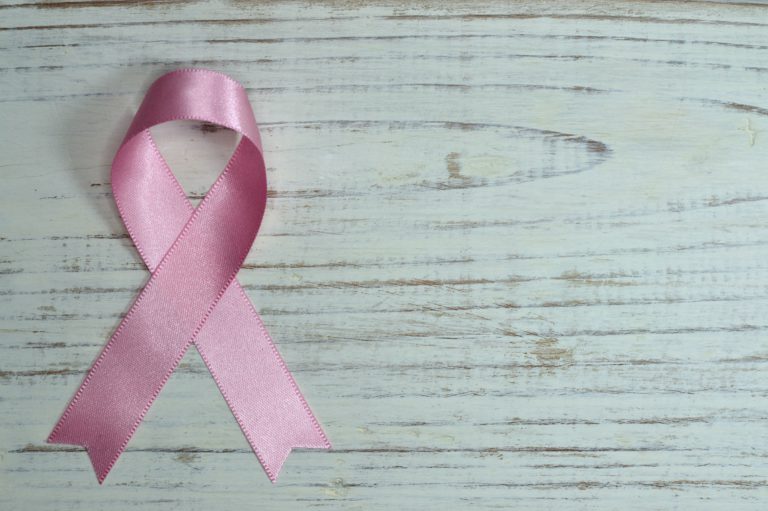
Itchy Throat and COVID Symptoms: The COVID-19 pandemic has reshaped the way we perceive our health. Recognizing the symptoms of this infectious disease is crucial to contain its spread and ensure timely treatment. While most people are familiar with common COVID-19 symptoms like fever, cough, and difficulty breathing, an itchy throat has emerged as a potentially early sign of the infection. In this article, we will delve into the significance of an itchy throat and its possible association with COVID-19. So, if you’ve been experiencing an inexplicable itchiness in your throat, it’s important not to ignore it and learn more about its potential implications.
Understanding COVID-19 Symptoms
Before diving into the details of an itchy throat, let’s first familiarize ourselves with the broader spectrum of COVID-19 symptoms. The most commonly reported signs of the disease include:
- fever
- cough
- shortness of breath
However, COVID-19 symptoms can vary widely from person to person. Some individuals may experience:
- muscle aches
- fatigue
- loss of taste and smell
while others may remain asymptomatic. This wide range of symptoms has made it challenging to identify and diagnose cases accurately.
Itchy Throat and COVID Symptoms
Among the diverse manifestations of COVID-19, an itchy throat has gained attention as a potential early symptom. Many individuals infected with the virus have reported feeling an irritating sensation or persistent itchiness in their throat. This symptom often precedes other more prominent signs and may be overlooked or mistaken for a harmless condition. However, it’s essential to recognize the significance of an itchy throat as a potential indicator of COVID-19.
Studies have shown that a considerable number of COVID-19 cases exhibit throat discomfort early in the disease course. This finding highlights the need to pay attention to even mild symptoms that may suggest a COVID-19 infection. However, it is important to note that an itchy throat alone is not a definitive confirmation of COVID-19. Various other factors, such as allergies or acid reflux, can also cause throat irritation. Therefore, it’s crucial to consider the context and additional symptoms to make an informed assessment.
Other Associated Symptoms
While an itchy throat may raise suspicion of COVID-19, it’s essential to be aware of the broader symptomatology associated with the disease. Pay attention to other symptoms that might accompany the throat discomfort. These can include:

- fever
- persistent cough
- body aches
- loss of taste or smell
- headache
- fatigue
Monitoring multiple symptoms can help you determine whether further evaluation and testing are necessary.
Seeking Medical Advice
If you experience an itchy throat along with other potential COVID-19 symptoms, it is advisable to seek medical advice promptly. Contact a healthcare provider or consult a telemedicine service to discuss your symptoms and receive guidance on the next steps. Telemedicine consultations can offer a convenient and safe way to receive an initial assessment and determine if testing is warranted. Remember, early detection and appropriate management play a crucial role in curbing the spread of COVID-19.
Prevention and Self-Care
Prevention remains the most effective strategy against COVID-19. Follow recommended preventive measures, such as:
- wearing masks
- practicing physical distancing
- frequent handwashing

These measures not only reduce the risk of contracting the virus but also help protect others in your community. Additionally, taking care of your overall immune health can contribute to your body’s resilience.
- Adequate sleep
- a balanced diet
- regular exercise
- stress management can all support a robust immune system.
If you’re experiencing an itchy throat, there are some self-care strategies you can try to alleviate the discomfort.
- Gargling with warm saltwater
- using lozenges or sprays designed for sore throats
- staying hydrated can provide temporary relief.
However, it’s important to note that these measures do not substitute for professional medical advice, especially if you suspect a COVID-19 infection.
Can an itchy throat be the only symptom of COVID-19?
While an itchy throat can be a potential symptom of COVID-19, it is usually accompanied by other signs such as fever, cough, or loss of taste and smell. However, it’s important to consider the context and consult a healthcare professional for an accurate assessment.
How long does an itchy throat typically last in COVID-19 cases?
The duration of an itchy throat can vary from person to person. In some cases, it may resolve within a few days, while in others, it may persist for a longer period. If you have concerns about the duration of your symptoms, it is best to consult a healthcare professional.
Should I get tested for COVID-19 if I only have an itchy throat?
If you experience an itchy throat along with other potential COVID-19 symptoms, it is advisable to consult a healthcare professional. They can guide you on whether testing is necessary based on your symptoms and exposure history.
Can allergies cause an itchy throat similar to COVID-19?
Yes, allergies can cause throat itchiness, and it may be challenging to differentiate between allergic reactions and COVID-19 symptoms based solely on this symptom. Consider the context, presence of other symptoms, and consult a healthcare professional for an accurate evaluation.
Are there any natural remedies to soothe an itchy throat?
While natural remedies like warm saltwater gargles, lozenges, or staying hydrated can provide temporary relief for an itchy throat, it’s important to note that these measures do not replace professional medical advice. If you suspect a COVID-19 infection, consult a healthcare professional for appropriate guidance.
The Bottom Line
An itchy throat can be an early sign of COVID-19 and should not be overlooked. While it may be challenging to distinguish COVID-related throat itchiness from other causes, being aware of this potential symptom and monitoring for additional signs can help in making informed decisions. If you experience an itchy throat along with other potential COVID-19 symptoms, seek medical advice promptly. Remember to follow preventive measures and prioritize self-care to support your overall health and well-being.








